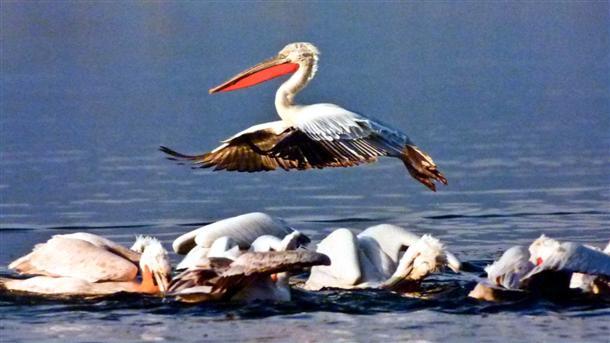

© Photo: archive

© Photo: archive
A festive lunch under the motto "Christmas in July" has been organized today by the Bulgarian Educational and Friendly Society in Adelaide , Australia. This was reported by BTA, referring to a Facebook post of the board of trustees of the Bulgarian..
A long-awaited event - Metalhead Beer Fest will be held in Burgas on July 20 and 21, in the park Mineralni bani, Vetren district. A total of 19 elite breweries from Bulgaria, Germany, the Netherlands, Cyprus and Romania are coming to the fifth..
Lithium imports from Serbia will help EU reduce dependence on China German Chancellor Olaf Scholz and European Commission Vice-President in charge of energy Maroš Šefčovič will visit Belgrade on July 19 to sign an agreement between the EU and..
A long-awaited event - Metalhead Beer Fest will be held in Burgas on July 20 and 21, in the park Mineralni bani, Vetren district. A total of 19 elite..
A festive lunch under the motto "Christmas in July" has been organized today by the Bulgarian Educational and Friendly Society in Adelaide , Australia...

+359 2 9336 661
